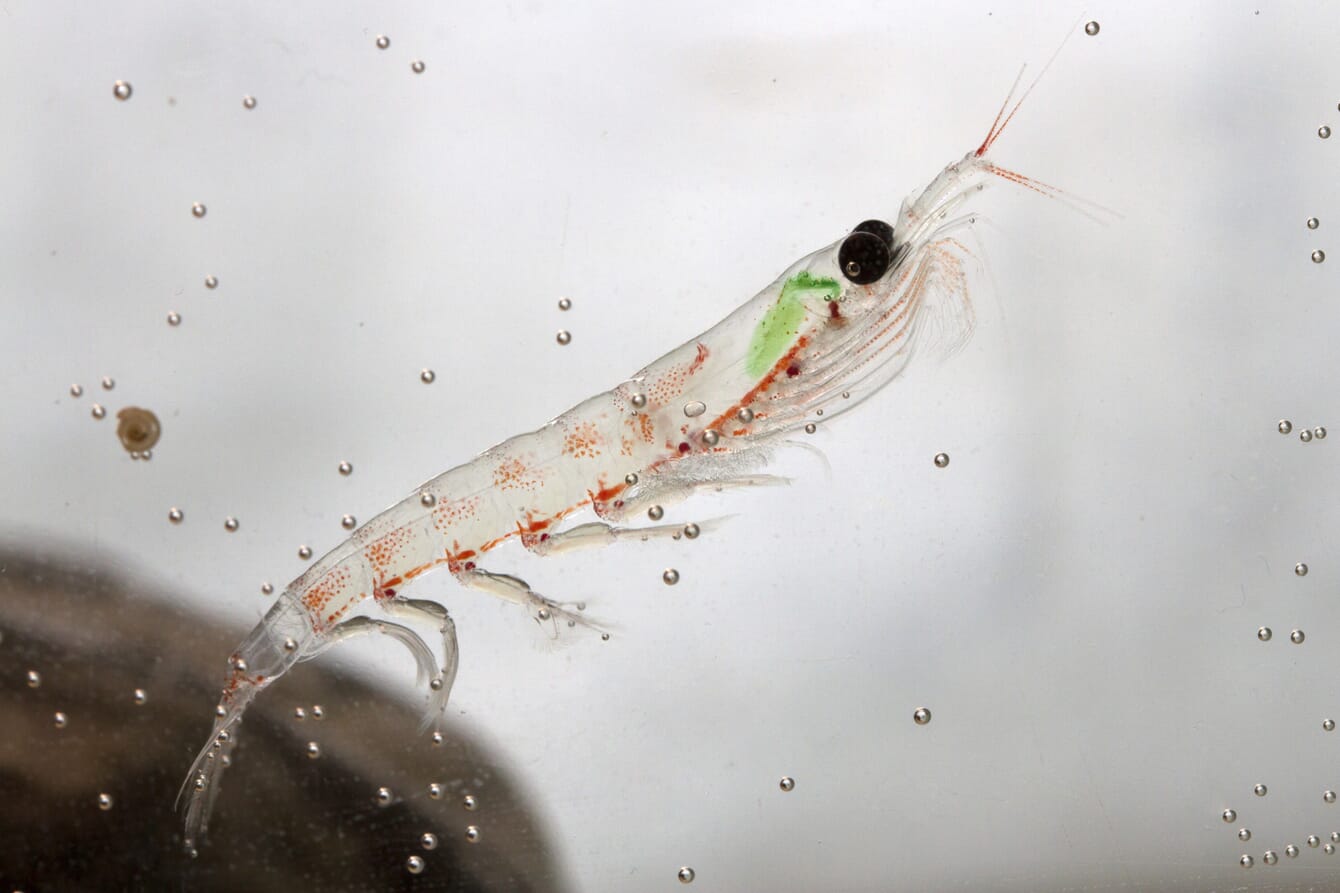
Aker QRILL Company has been developing the harvesting and processing of krill from the Antarctic Southern Ocean's Area 48 (Antarctic Peninsula) © Aker Biomarine
A new study by Aker Biomarine and Skretting published in the Turkish Journal of Fisheries and Aquatic Sciences found that feeds containing QRILL Aqua can help Atlantic salmon perform better during one of the most challenging phases of their lifecycle: the transition from freshwater to seawater. This is the first study on the impact of QRILL Aqua from a commercial-scale field trial during the seawater transfer period.
A high-stakes stage for salmon farmers
The seawater transfer period is a known bottleneck in salmon farming, marked by appetite suppression, osmoregulation stress, increased disease risk and higher mortality rates. Industry figures show that a large share of losses occur during the first months at sea, creating both economic and fish welfare concerns.
“By combining Skretting’s feed expertise with QRILL Aqua’s proven nutritional benefits, we were able to test under real farming conditions. This is a strong example of how collaboration can advance solutions for the industry,” said Kjetil Berge, R&D leader at Skretting, in a press release.
Key results
The 116-day trial, conducted at a commercial salmon farm in Harstad, Norway, compared a commercial diet containing 15 percent fishmeal to one in which 10 percent krill meal (QRILL Aqua), thereby reducing the fishmeal by one-third.
Salmon fed the QRILL Aqua diet were found to consume 3 percent more feed, achieved 22 percent lower mortality and exhibited 4.8 percent higher growth. These results suggest that krill addition could make a meaningful difference in farm productivity.
“As feed formulations shift toward more plant-based proteins and novel ingredients, farmers face challenges like reduced palatability, nutrient imbalances and competition with human food,” added Kiranpreet Kaur, R&D director, Aker Biomarine. “QRILL Aqua is a functional marine ingredient that delivers high-quality protein, omega-3s and essential nutrients, helping address these challenges so fish can stay healthy and perform well while supporting environmental goals.”



